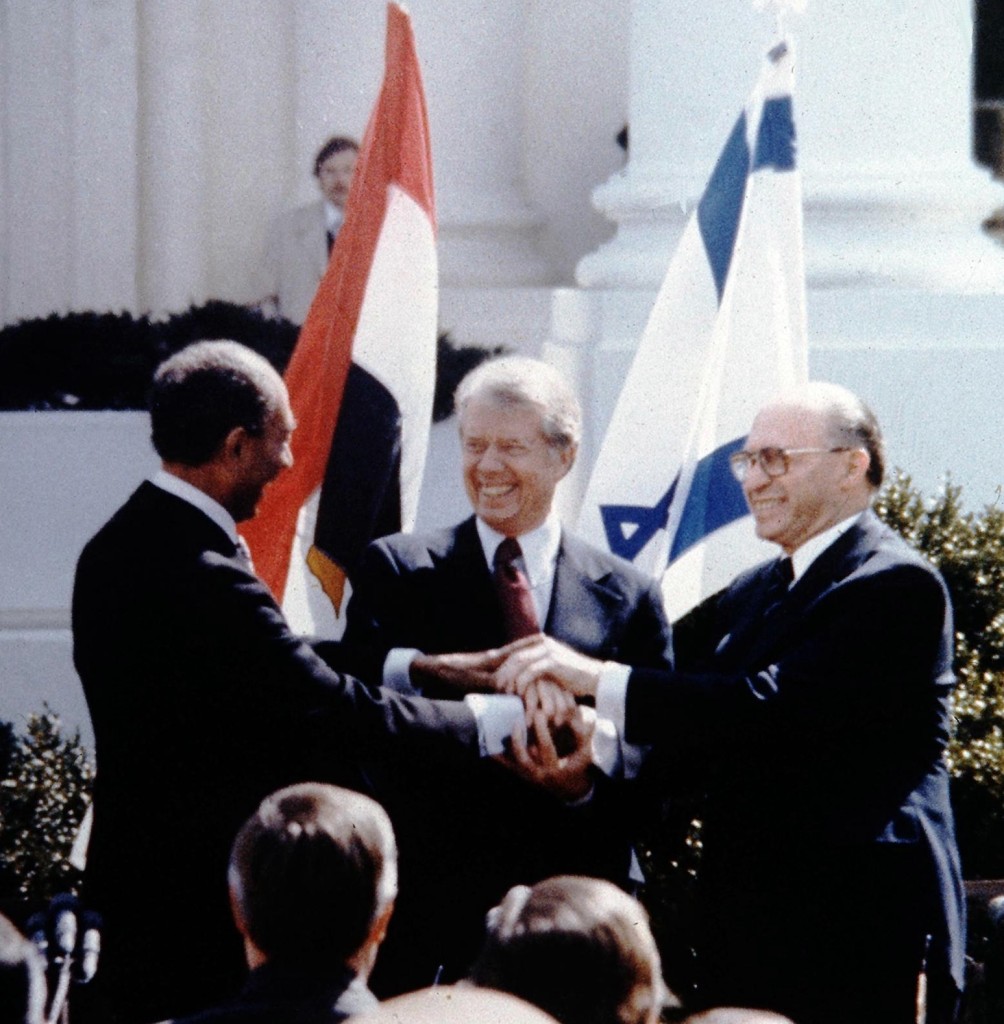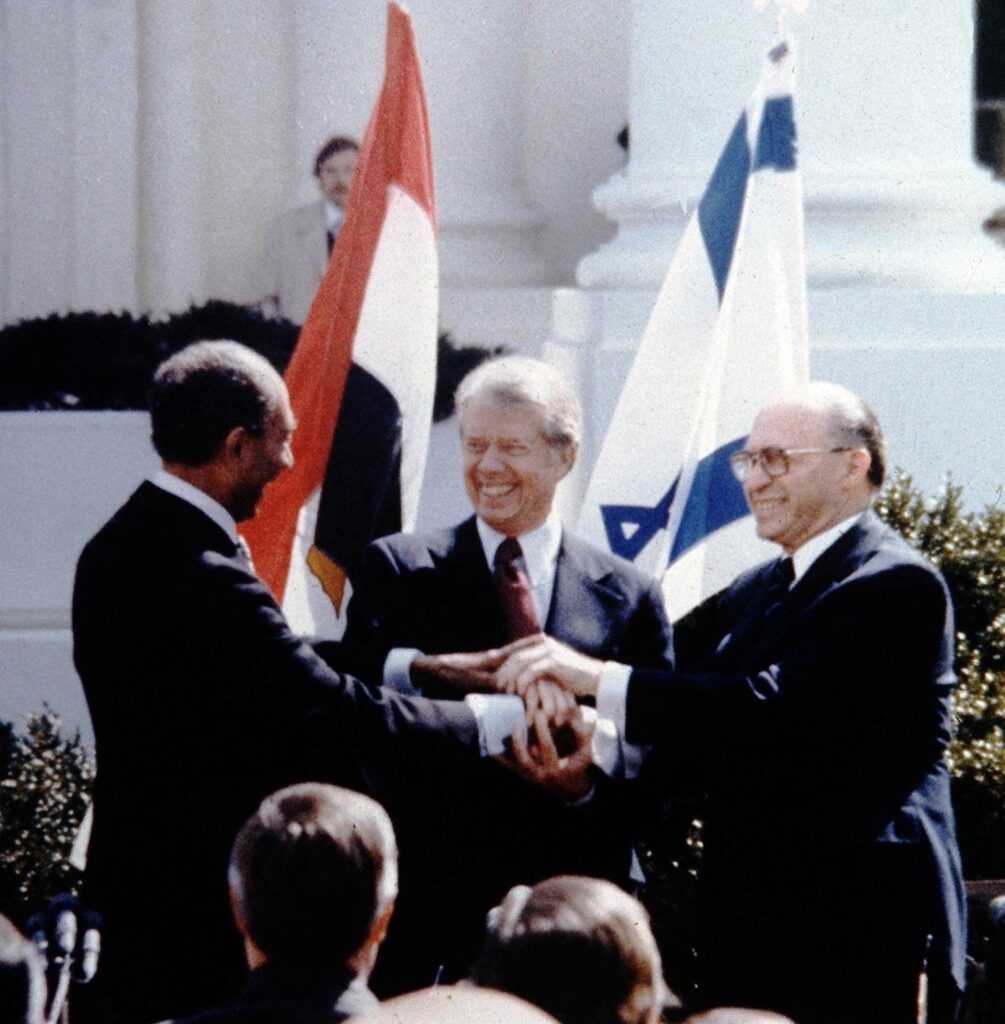
The CNN app on my phone, which informs me of global and domestic events multiple times throughout the day, has stopped mentioning the current Gaza crisis. Is my phone getting tired of hearing about these continuous attempts to broker successful peace talks between Israel and Hamas? Is it losing faith in diplomacy’s ability to instill some kind of change in this conflict? Is that also why the media’s reporting on this crisis has slowly trickled out?
In the past two weeks, the Egyptian-sponsored talks between the two sworn enemies first fell apart when Hamas rejected a US-backed, Israeli-supported peace proposal; Hamas cited that none of its demands were met. Rockets and airstrikes were exchanged until last Tuesday, when the Egyptians brokered a new ceasefire. The new proposal appears only slightly more neutral, however, directing Israel to loosen its hold over Gaza’s border only to allow humanitarian organizations to begin rebuilding. But the accepted proposal does not directly address the larger issues of the Israeli blockade on Gaza and Hamas’ demands for a seaport and airport. Egypt promises to reopen negotiations within the month to address these larger issues. It’s not surprising that Egypt has been playing such a patient role in these negotiations, though: the country has a lot riding on peace between these two entities.
I want to get something straight first. It’s not unusual that Egypt has taken up the role as peacemaker. Historically, Egypt has pushed and prodded its image as the “Arab leader” of the Middle Eastern states: it is by far the most populated country in the region, has for the most part kept up a strong military alliance with the United States and was the first Arab country to acknowledge Israel as a state when Egypt’s leader, Anwar Sadat, signed the Camp David Accords in 1978. In this sense, it isn’t hard to see why Egypt is and has for many years taken a lead role in facilitating peace between Palestine and Israel whenever conflicts arise. If Egypt succeeds in establishing peace, even if for a little while, then it will be praised for its diplomatic genius by the US and regional peers. And, if Egyptian diplomats fail, well, at least they tried, right?
Yet, what is so curious about this round of conflict resolution is that the Egyptian cease-fire proposal has continuously favored Israel’s interests. In the original proposal, the Israeli blockade of Gaza’s borders and economy would simply be loosened, not lifted, and Israel would be allowed to retain its hold on the Gaza territory: unacceptable conditions from Hamas’ perspective. In the past, failure to appease the Palestinian delegation would result in Egypt rushing to fix its proposal to better suit both sides; favoritism towards the Palestinians – Egypt’s Arab allies – was not uncommon. This time was different: Egypt, Saudi Arabia, the UAE and Jordan called on Hamas to accept the proposal. Since when does the Arab world conspicuously side with Israel over Palestine? And since when do the Arab states in the Middle East region support the Jewish state over another Arab one?
This is no longer about the Arabs of the region versus the Israelis. It’s about stamping out Islamism and every one of its far-reaching tendrils, which includes groups like Hamas and the Muslim Brotherhood (both of which, by the way, are internationally recognized terrorist organizations). Even the powerful Arab governments in Egypt, UAE, Saudi Arabia and Jordan, which may have funded extremist Sunni religious groups in the past, are quickly denying any involvement in these groups’ actions once the groups gain power in the region. These Arab governments, regardless of their alleged shared interests with these groups in the past, are terrified of Islamism once it is powerful enough to threaten their national security. Because of Islamism’s proven ability to topple regimes, they consider such terrorist groups a direct threat to their security. It’s a complicated situation that varies for each government and their relations with each group, but, as pertains to the current Palestinian-Israeli crisis, the Arab governments are willing to put aside their previous fervent dislike for Israel if it means they might be able to destroy Hamas.
The reason why this issue hits so close to home for Egypt is clear if we look at its recent past. Not too long ago, Egypt elected President Mohammad Morsi and his Muslim Brotherhood party—a political choice that disintegrated fairly quickly when Morsi and his party began showing signs of taking more liberties than democracy would allow. The Egyptian military ousted Morsi and, since this past June, has put Al-Sisi, a military man, in his place. Al-Sisi, for his part, is determined to destroy any remnant of the Brotherhood in Egypt. He has declared them a terrorist organization and has in the past year imprisoned and killed many of their followers. With Hamas, too, Al-Sisi is clear about his position, announcing in a statement that Hamas, and not Israel, is to blame for the countless civilian deaths in Palestine throughout the crisis this summer. Even the Egyptian media condemns Hamas for being a “tool of a regional Islamist plot” to destabilize Egypt yet again.
So, for arguably the first time, the states leading the Arab region find their interests aligned with those of Israel. It is in the best interests of both to delegitimize and destroy Hamas, and both will work together towards achieving this goal. Does this mean Israel has finally found its regional niche in this united Arab-Israeli fight against a terrorist group? Perhaps—though with the current uncertainty in the region it’s hard to tell in the long run, and long-held biases don’t necessarily die so easily. For now, though, Egypt and its peers are focused wholeheartedly on the desperate quest for regional stability.
The views expressed by these authors do not necessarily reflect those of the Glimpse from the Globe staff, editors, or governors.







